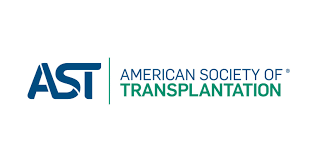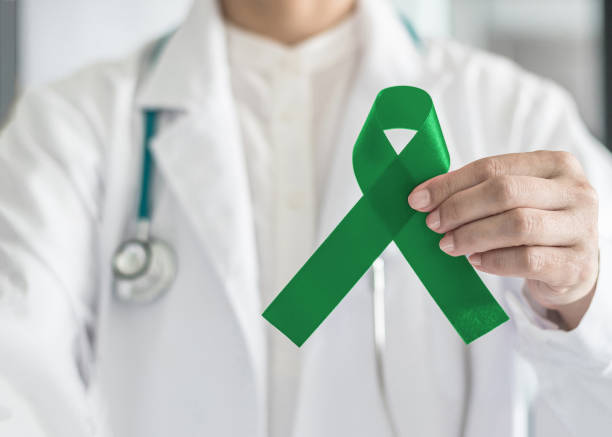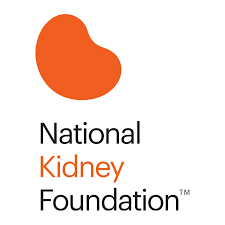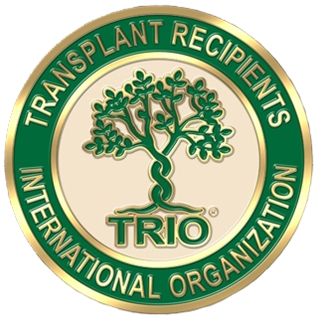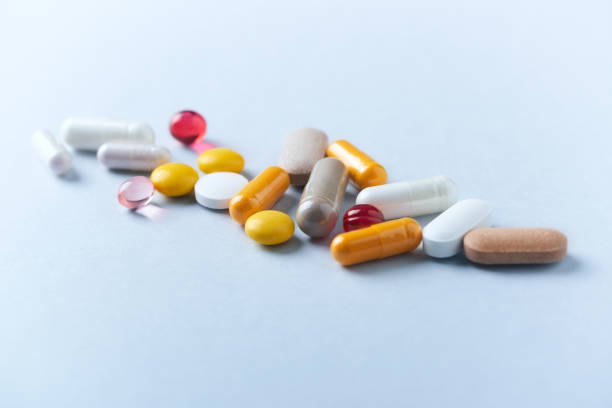“The daunting truth about organ failure is that it occurs in about 50 percent of all organ transplants. To help prevent rejection, transplant recipients must take highly-evolved immunosuppressive drugs, also known as anti-rejection drugs, for the rest of their lives to ensure their new organ is accepted by their body.”
Read more, here.
The Living Donor Protection Act: What You Need to Know
“More than ever, living donors are coming forward and generously volunteering to give the gift of life to hundreds of PKD patients across America. These living donors make up a vital portion of the kidney transplants performed in the U.S. each year. About one-third of the kidney transplants in 2020 were living donations.
Right now, there’s no federal legislation protecting living organ donors from losing their jobs just for taking recovery leave for transplant surgery. Living donors also experience higher premiums and even denial of coverage for most forms of insurance. In fact, 25% of living donors are denied or charged more for life insurance.”
Learn more, here.
When You’ve Been Fully Vaccinated: How to Protect Yourself and Others
- If you are fully vaccinated you can start doing many things that you had stopped doing because of the pandemic.
- When choosing safer activities, consider how COVID-19 is spreading in your community, the number of people participating in the activity, and the location of the activity.
- Outdoor visits and activities are safer than indoor activities, and fully vaccinated people can participate in some indoor events safely, without much risk.
- If you haven’t been vaccinated yet, find a vaccine.
Find all recent updates from the CDC, here.
Potassium and Your CKD Diet
Today is NATIONAL HIGH POTASSIUM AWARENESS DAY!
“What is potassium and why is it important to you?
Potassium is a mineral found in many of the foods you eat. It plays a role in keeping your heartbeat regular and your muscles working right. It is the job of healthy kidneys to keep the right amount of potassium in your body. However, when your kidneys are not healthy, you often need to limit certain foods that can increase the potassium in your blood to a dangerous level. You may feel some weakness, numbness and tingling if your potassium is at a high level. If your potassium becomes too high, it can cause an irregular heartbeat or a heart attack.”
Read more, here.
Mayo Clinic Q And A: How lung restoration improves organ availability
“DEAR MAYO CLINIC: I was reading about lung restoration and innovation in the field of lung transplantation. Can you share more about this?
ANSWER: Over the past several years, devices outside the body have been used to evaluate human lungs donated for organ transplant before the lungs are transplanted. In the future, lung restoration may increasingly be used to treat donated lungs to make them healthier, so they could be viable for a transplant. The Food and Drug Administration has approved the use of a device known as the Xvivo Perfusion System with Steen Solution Perfusate, which is being used at Mayo Clinic in Florida, in a model constructed to make organs available regionally. Other systems are being investigated.
A lung transplant can be a lifesaving procedure for people with serious lung diseases, such as pulmonary hypertension, emphysema, pulmonary fibrosis, bronchiectasis or cystic fibrosis. But the number of lungs available for transplant consistently falls far short of the number of people waiting for a lung transplant.”
Read the full Q&A, here.
Organ Donation Materials in Spanish
“Find videos, print PSAs, and brochures developed for Spanish-speaking audiences. These free materials and resources are available for you to download, print, and share.”
Find all the resources, here.
PTC: Cancer Risks for Kidney Recipients
WHY AM I AT GREATER RISK OF DEVELOPING CANCER AFTER KIDNEY TRANSPLANT?
“All organ transplant recipients are at heightened risk of developing cancer after transplant. This is because although life-sustaining, long-term use of immunosuppressant drugs lowers the body’s ability to fend off certain cancers. When you are taking immunosuppressant drugs, your immune response is lowered, and this is what helps to prevent your body from rejecting your new kidney. It also means that your body is less able to recognize and destroy cancer cells or infections that can cause cancer.”
Read more on TRIO’s new Post-transplant Cancer Project (PTC) website, here.
Prescription Discount and Assistance Resources
“Use the card to receive discounts on prescriptions while helping fight kidney disease at the same time. All medications are eligible for savings, including pet meds! Every time you save using the card, the National Kidney Foundation will receive a donation from Watertree Health, at no cost to you.”
Check out more information about the program, here.
COVID-19 and Solid Organ Transplant
News and resources for transplant patients.
All information, updates, and resources can be found, here.
Coronavirus (COVID-19) Information and Updates
“Johns Hopkins Medicine researchers are working tirelessly to find ways to better understand, treat and eventually eliminate COVID-19 and the illness that results from infection. New discoveries and observations from Johns Hopkins that we share here, especially those related to clinical therapies, are almost uniformly early in concept. They will require rigorous research, testing and peer review before solid conclusions for clinical care and disease prevention can be made.
In addition, Johns Hopkins researchers are conducting a variety of clinical trials to find new ways to detect, prevent and treat COVID-19. These trials include studies involving Johns Hopkins employees, people who have COVID-19 and analysis of collected data about the illness. Results of these clinical trials will be available when data is analyzed, peer-reviewed and published.”
You can stay up to date on information and resources, here.
